Sean Baxter: Safe C++
Sean Baxter demonstrates memory safe C++ using his Circle compiler
Safe C++
Sean Baxter
From the talk:
Does a subset of a superset of C++ exists that achieves similar safety guarantees to rust, is useful and expressive enough, and is compatible with today's C++? If so, is anyone mad enough to do it? There is an answer to that

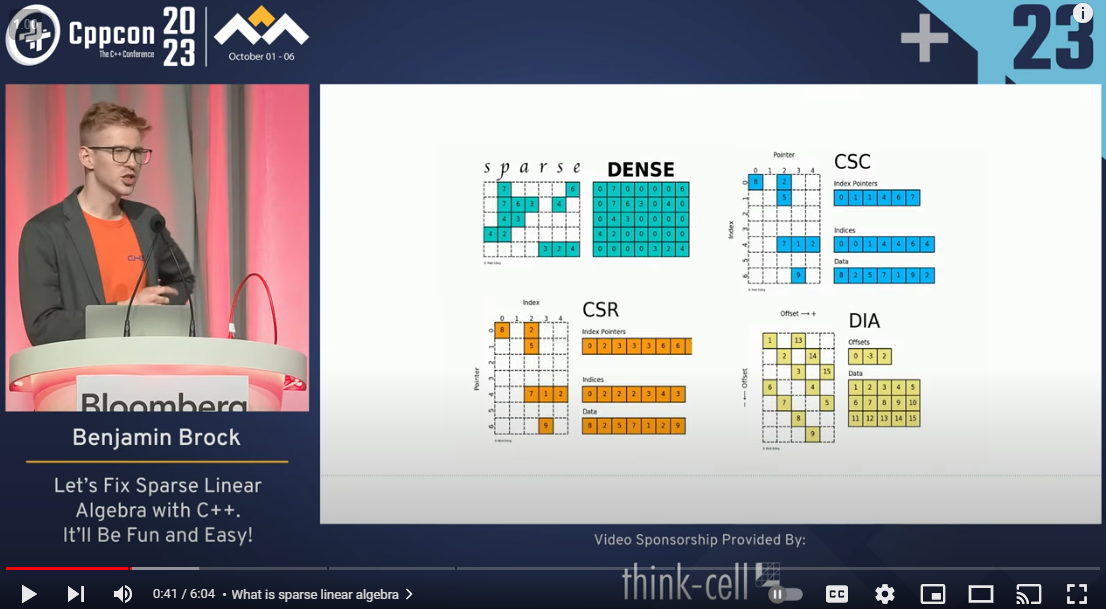 Registration is now open for CppCon 2024! The conference starts on September 15 and will be held
Registration is now open for CppCon 2024! The conference starts on September 15 and will be held 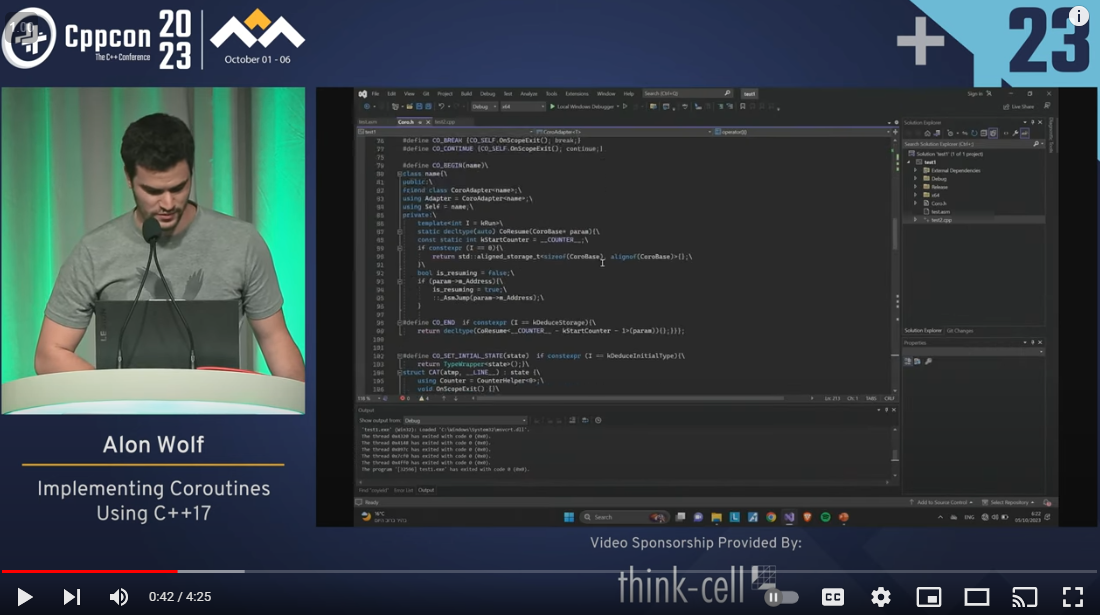 Registration is now open for CppCon 2024! The conference starts on September 15 and will be held
Registration is now open for CppCon 2024! The conference starts on September 15 and will be held 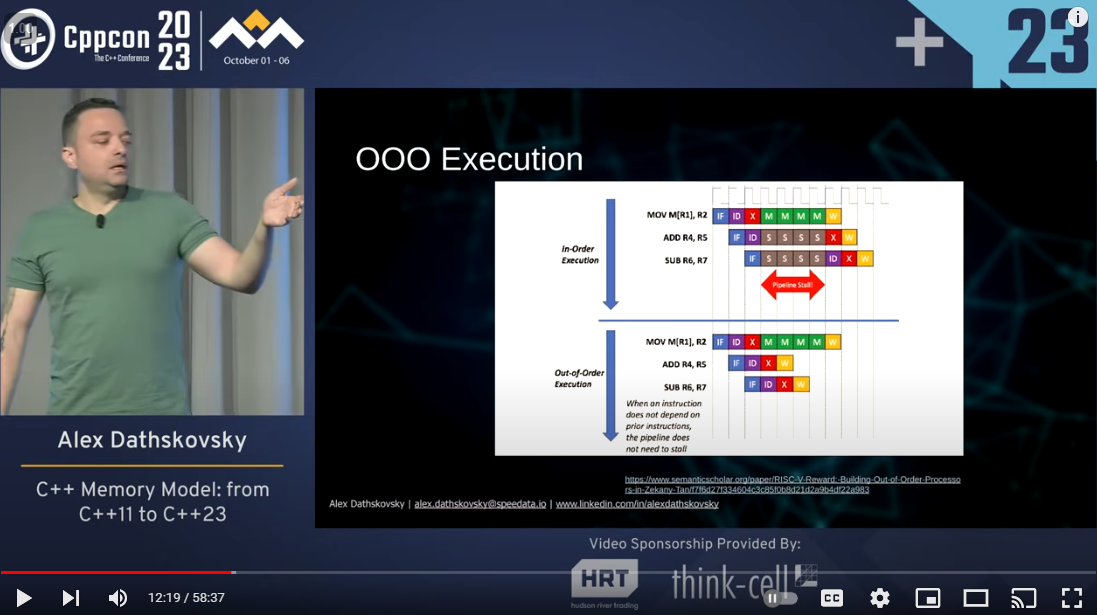 Registration is now open for CppCon 2024! The conference starts on September 15 and will be held
Registration is now open for CppCon 2024! The conference starts on September 15 and will be held 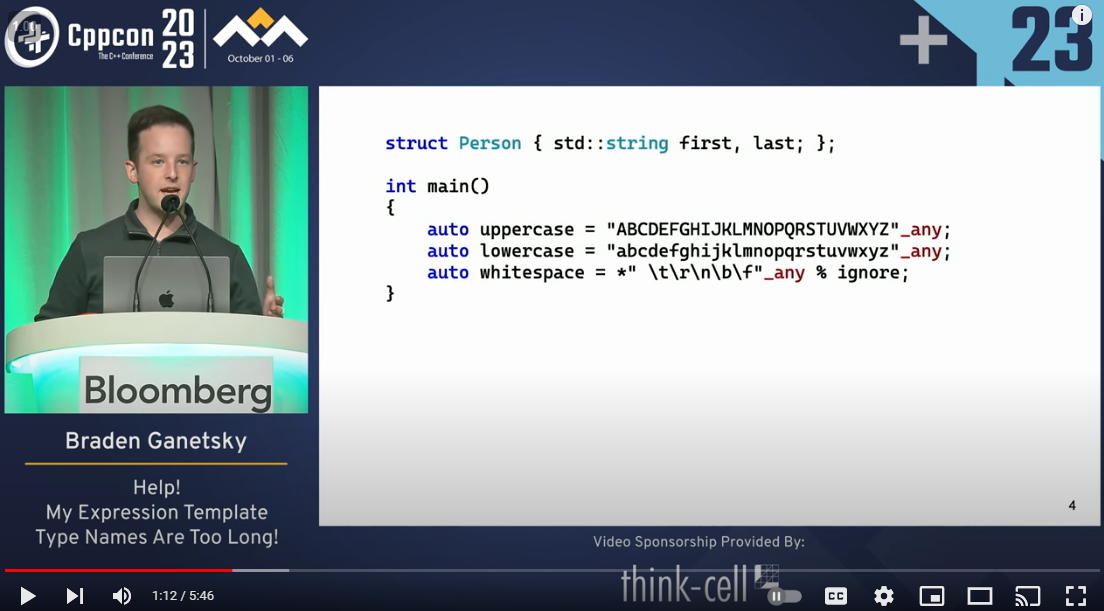 Registration is now open for CppCon 2024! The conference starts on September 15 and will be held
Registration is now open for CppCon 2024! The conference starts on September 15 and will be held 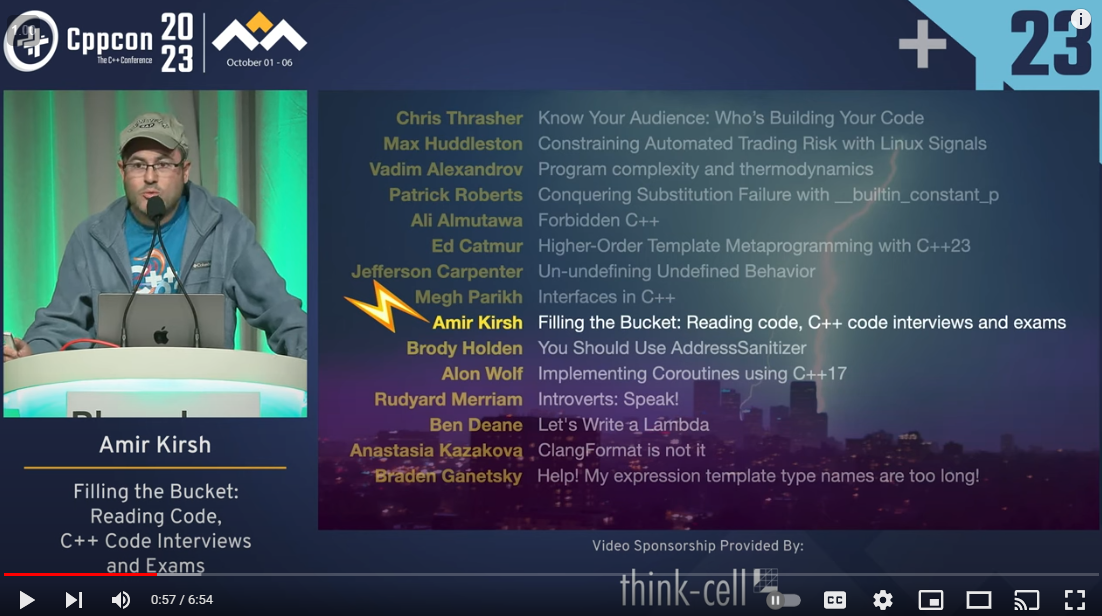 Registration is now open for CppCon 2024! The conference starts on September 15 and will be held
Registration is now open for CppCon 2024! The conference starts on September 15 and will be held 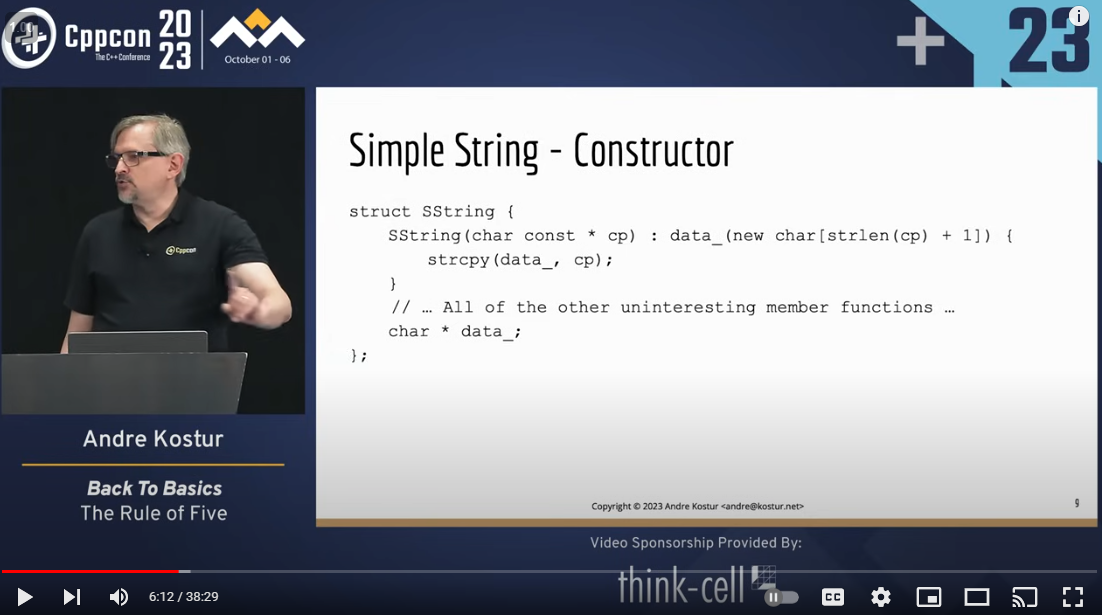 Registration is now open for CppCon 2024! The conference starts on September 15 and will be held
Registration is now open for CppCon 2024! The conference starts on September 15 and will be held 
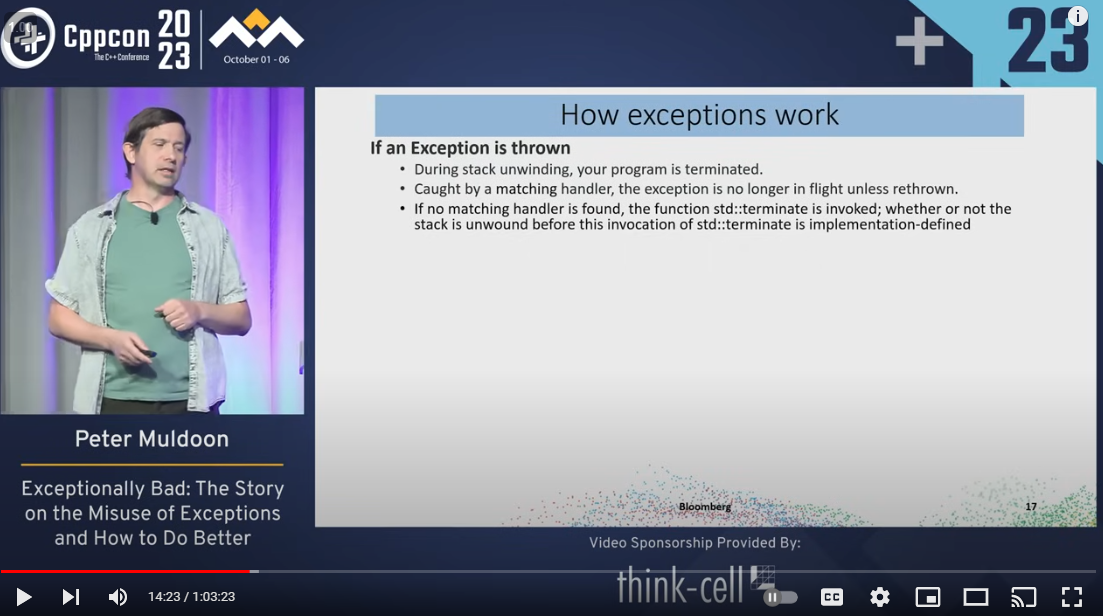 Registration is now open for CppCon 2024! The conference starts on September 15 and will be held
Registration is now open for CppCon 2024! The conference starts on September 15 and will be held 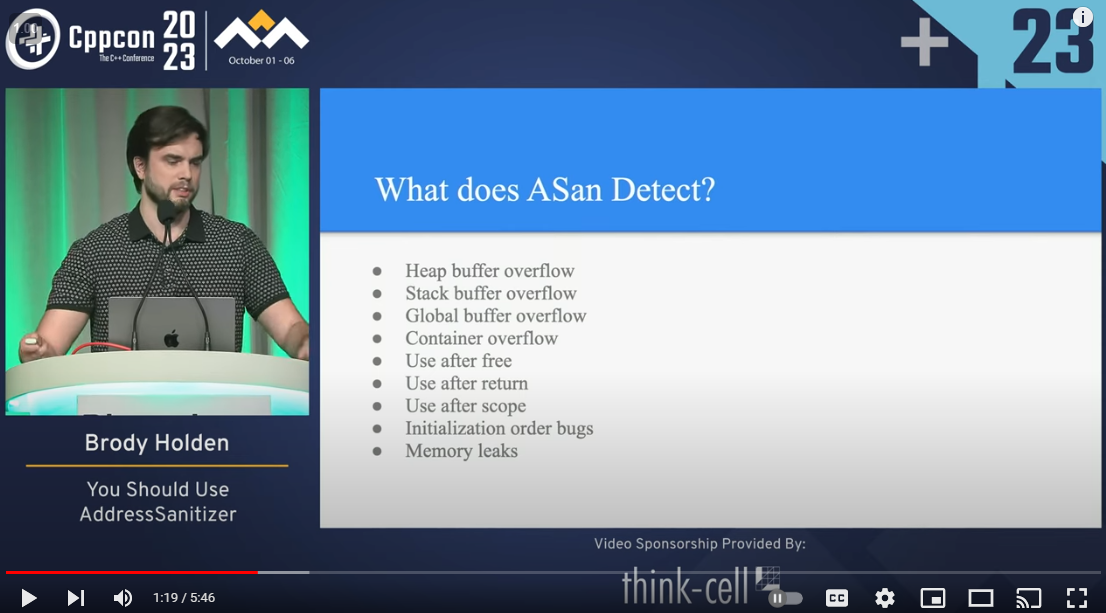 Registration is now open for CppCon 2024! The conference starts on September 15 and will be held
Registration is now open for CppCon 2024! The conference starts on September 15 and will be held